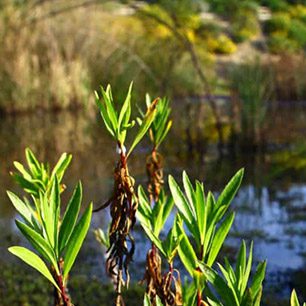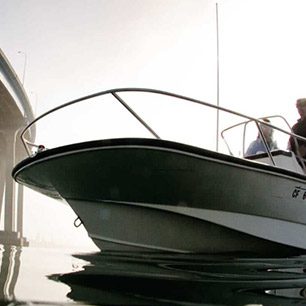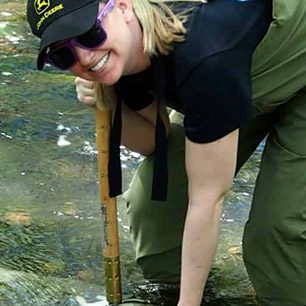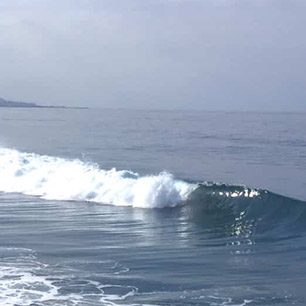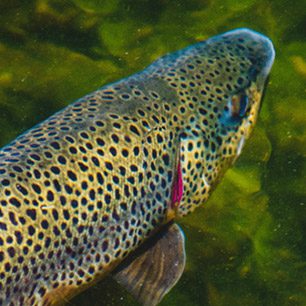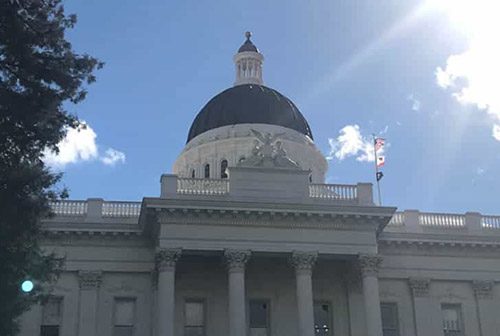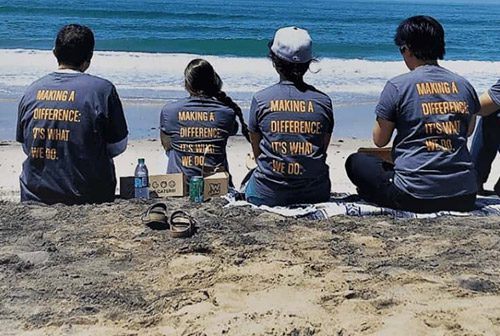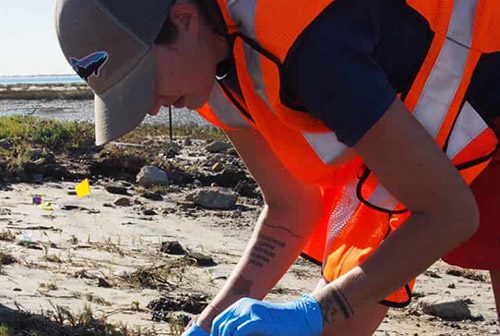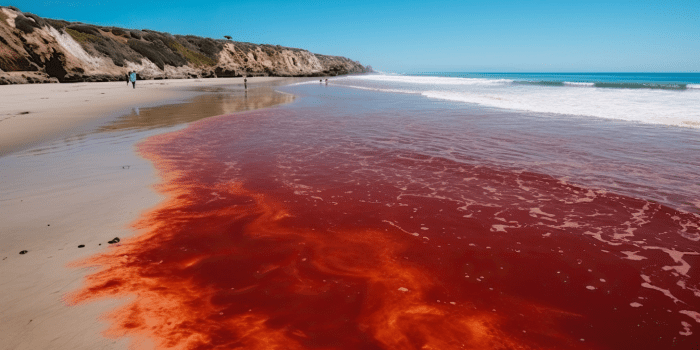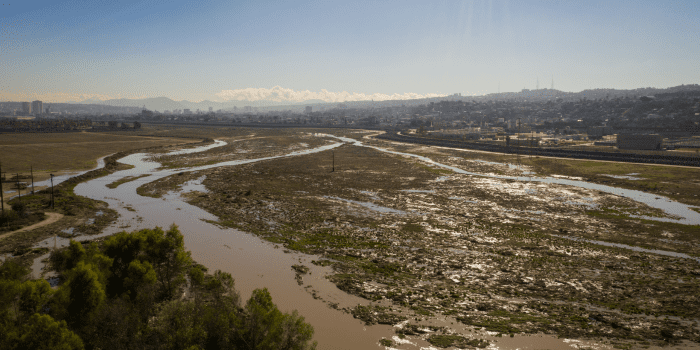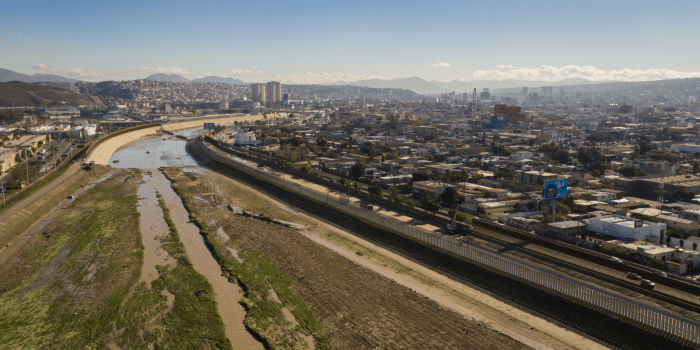- City of San Diego to address sources of pollution harming Mission Bay, Rose Creek, and Tijuana River
- Pollution from Miramar Landfill, wastewater treatments plants, and sludge treatment plants focus of improvement efforts
SAN DIEGO, September 28, 2020 – Local non-profit environmental organizations San Diego Coastkeeper (Coastkeeper) and Coastal Environmental Rights Foundation (CERF) have filed a notice of intent to sue the County of San Diego over the agency’s long history of violations of the Clean Water Act. For decades, the County has acknowledged that untreated urban runoff presents the greatest threat to water quality in the San Diego region, yet has consistently failed to take required action to comply with Clean Water Act obligations. Water quality data collected by Coastkeeper – along with the County’s own self-reported data – shows the County has repeatedly, persistently, and systemically failed to protect the region’s waterways and communities from the impacts of pollution.
Stormwater from the County’s outfalls routinely contains pathogens, excessive nutrients, and toxic metals. Individually and combined, these pollutants threaten human health, degrade ecosystems, and harm fish and wildlife.
The groups’ notice also points to evidence that the region’s stormwater contains human fecal matter after every rainfall. New studies from San Diego State University suggest this is caused by sewage leaking from failing infrastructure into nearby rivers, streams, and stormwater channels. High bacteria levels lead to beach closures and advisories after rainfall, and San Diegans are warned away from surfing and swimming until water quality improves. The County’s failure to adequately maintain its aging sewage infrastructure is partly to blame.
“The County and its leadership have demonstrated many years of neglect toward our rivers, streams, and waterways, which are grossly polluted due to their failure to comply with the Clean Water Act and laws meant to protect human and environmental health,” said Coastkeeper Executive Director and Managing Attorney Matt O’Malley. “We are hopeful we can work with the County to bring about solutions that will improve the health of our environment and better protect communities that depend on clean water.”
“Growing up in San Diego County, we were told to stay out of the water for 72 hours after each rainfall without fully understanding why. More than 30 years later, I’m telling my kids they can’t surf for three days after it rains. All the while, the County has been more inclined to push back on regulators than work towards any measure of real progress. At some point, government needs to be held accountable for its failure of leadership,” said Marco Gonzalez, CERF’s Executive Director.
The goal of the groups’ notice is to motivate the County to make real investments in water management solutions that reduce pollution, protect communities, and improve water quality around the region. Coastkeeper and CERF are hopeful County leadership will see this lawsuit threat as a wake-up call and an opportunity to invest in the health of its natural resources and emerge as a leader among governmental entities when it comes to clean water protections.
###
About San Diego Coastkeeper
Founded in 1995, San Diego Coastkeeper protects the region’s bays, beaches, watersheds and ocean for the people and wildlife that depend on them. Coastkeeper uses community outreach, education, and advocacy to promote stewardship of clean water and healthy coastal ecosystems. For more information, visit San Diego Coastkeeper online at http://www.sdcoastkeeper.
About Coastal Environmental Rights Foundation (CERF)
CERF is a nonprofit environmental organization founded in 2008 by surfers in North San Diego County and active throughout California’s coastal communities. CERF was established to aggressively advocate, including through litigation, for the protection and enhancement of coastal natural resources and the quality of life for coastal residents. For more information visit CERF online at https://cerf.org/
